
Certified - CompTIA CYSA+ Audio Course
The CYSA Audio Course is your comprehensive audio training series for the CompTIA Cybersecurity Analyst (CYSA+) certification. Built for learners who are on the move, this podcast breaks down each domain of the CYSA+ exam in structured, digestible episodes. Whether you're studying during your commute or brushing up at the gym, this PrepCast is designed to reinforce critical skills and exam knowledge with clarity and focus.
- Update frequency
- every day
- Average duration
- 14 minutes
- Episodes
- 130
- Years Active
- 2025

Episode 130: Root Cause Analysis and Incident Performance Metrics
Every incident response process must end with two critical questions: What went wrong? And how do we prevent it next time? In this final episode of Domain 4, we explore the structure and value of roo…
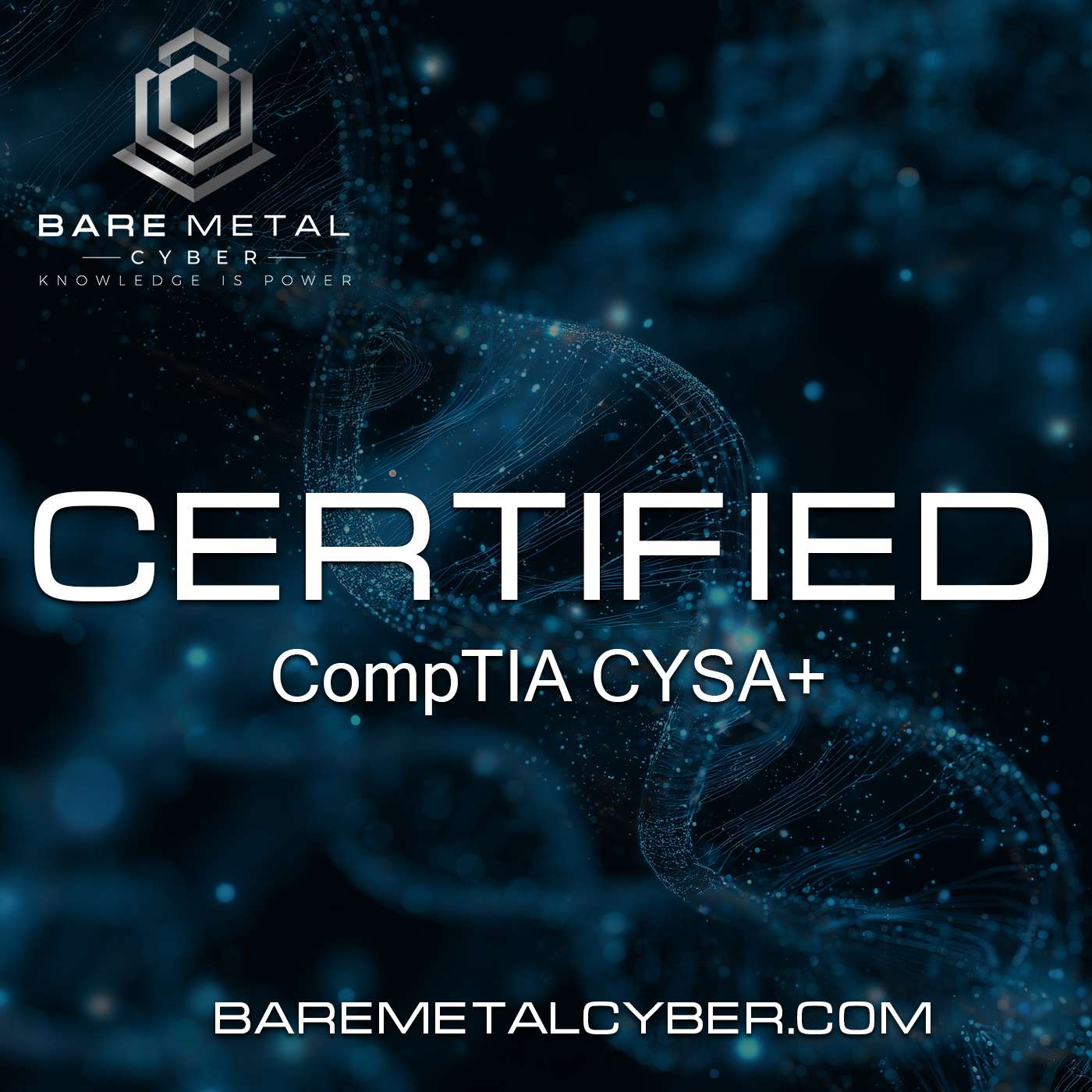
Episode 129: Regulatory and Law Enforcement Reporting
When a breach crosses a legal threshold, reporting to regulators or law enforcement may be required. In this episode, we examine the processes and obligations associated with regulatory reporting und…

Episode 128: Customer and Media Communications
Sometimes the most difficult part of a security incident isn’t stopping the threat—it’s explaining what happened to the people affected. In this episode, we explore how organizations communicate with…
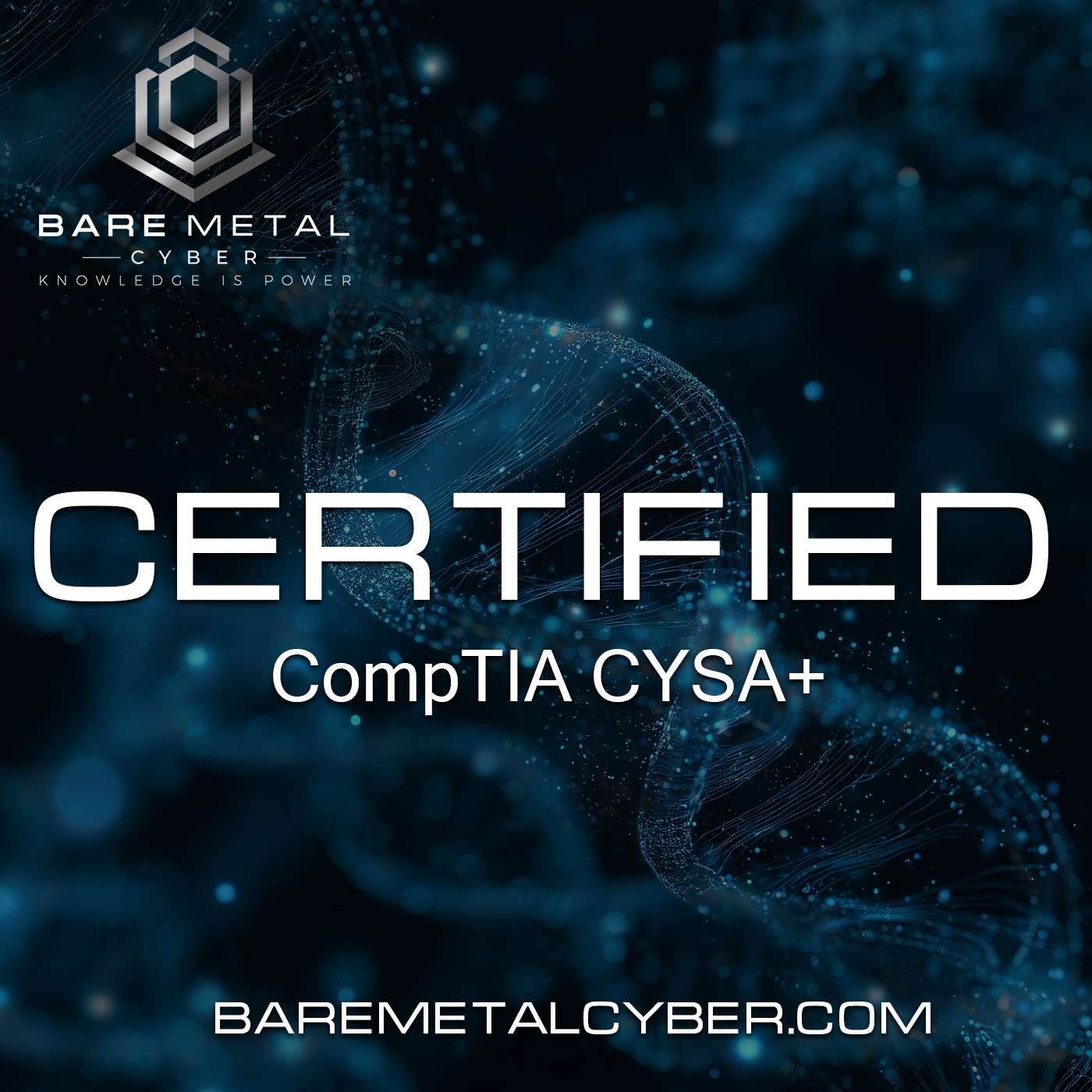
Episode 127: Legal and PR Communications During an Incident
Communication during a security incident isn't just internal—it can affect your company’s reputation, legal standing, and customer trust. In this episode, we examine how security teams coordinate wit…
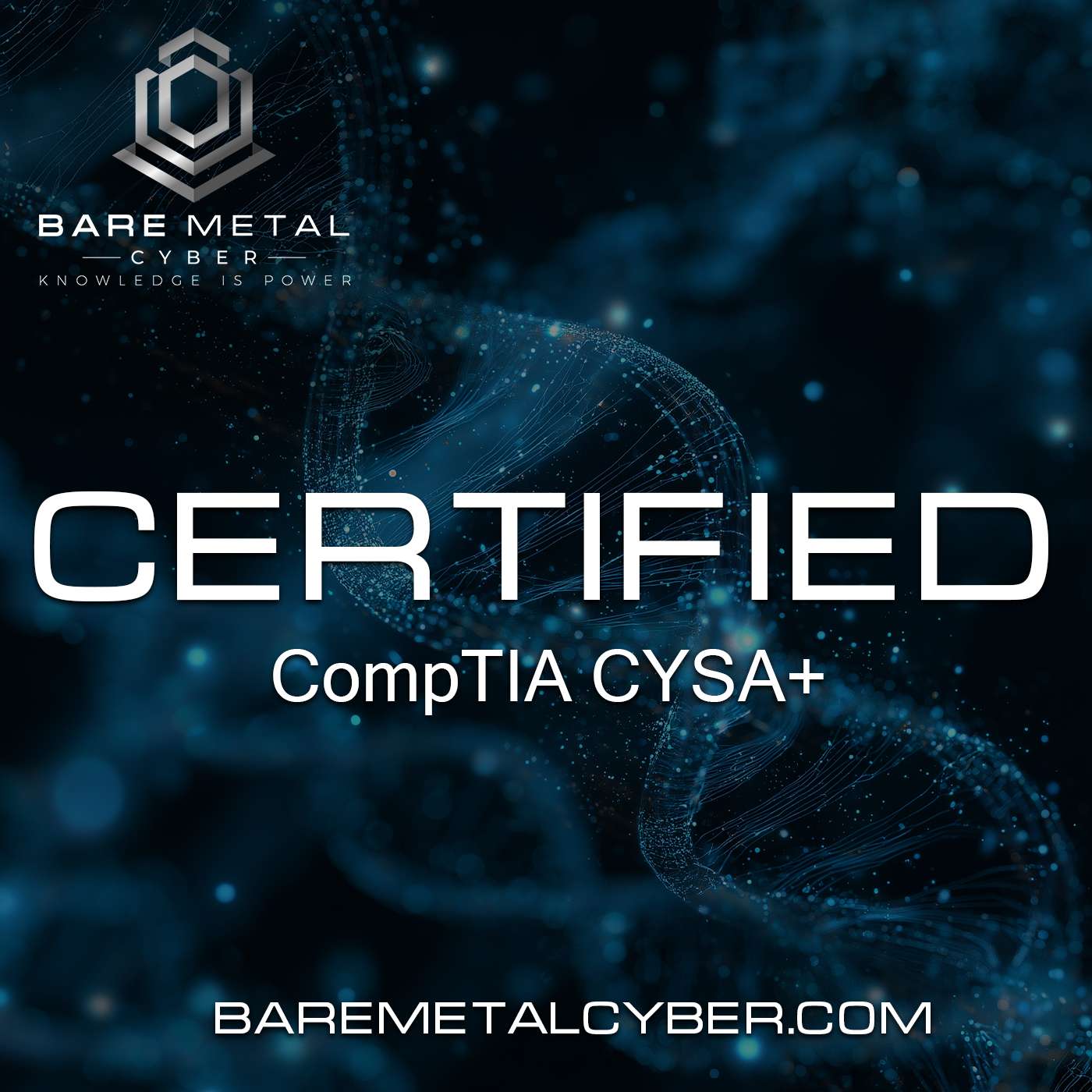
Episode 126: Writing Effective Incident Response Reports
When the incident is over, the reporting begins. In this episode, we explore how security analysts write effective incident response reports that document what happened, how it was discovered, what a…
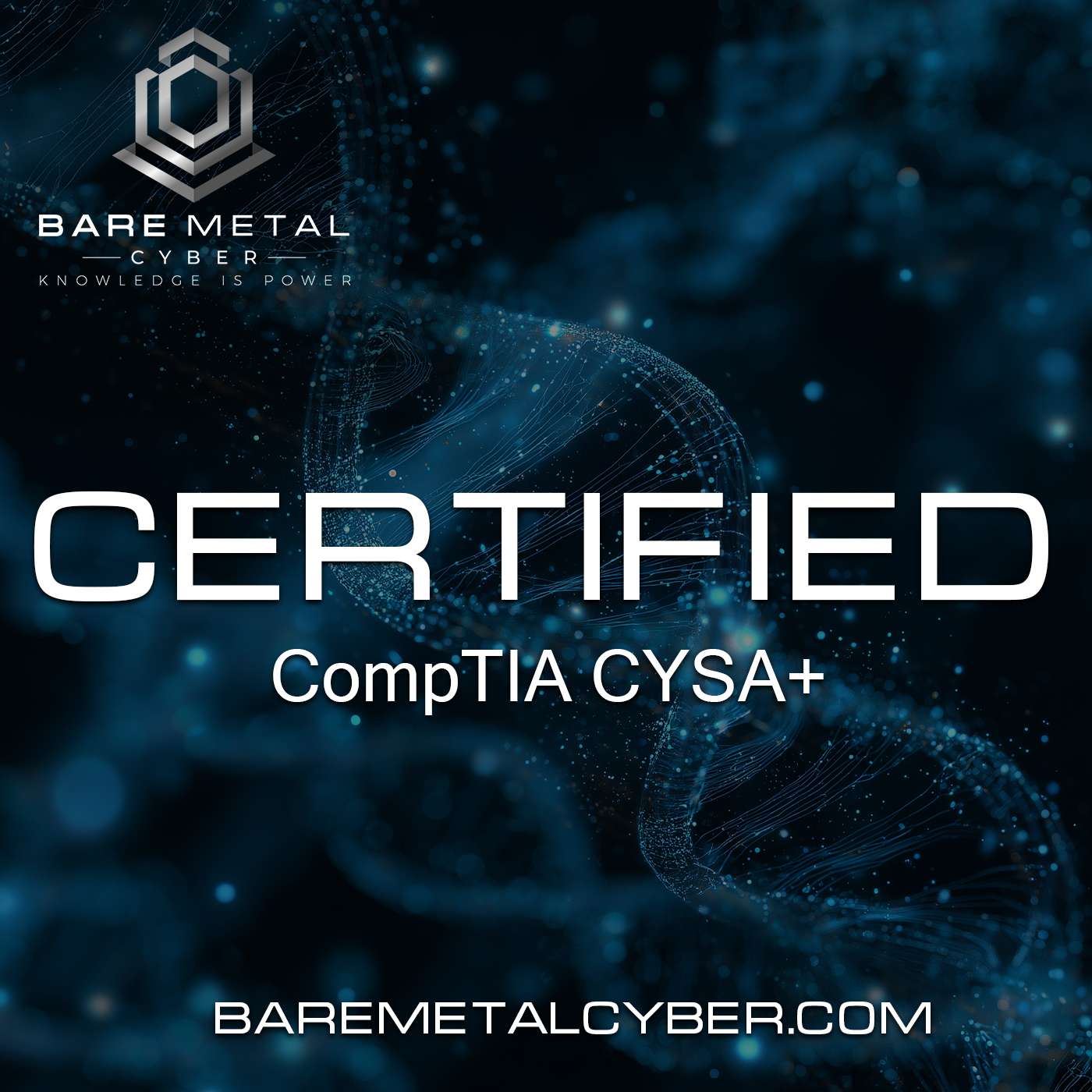
Episode 125: Incident Declaration and Escalation Procedures
Not every alert becomes an incident—but when one does, it needs to be declared formally and escalated swiftly. In this episode, we walk through the process of incident declaration, including the crit…

Episode 124: Stakeholder Communication for Incident Response
During an incident, clear and timely communication becomes a matter of urgency—not just best practice. In this episode, we cover how security analysts coordinate communication across teams and leader…
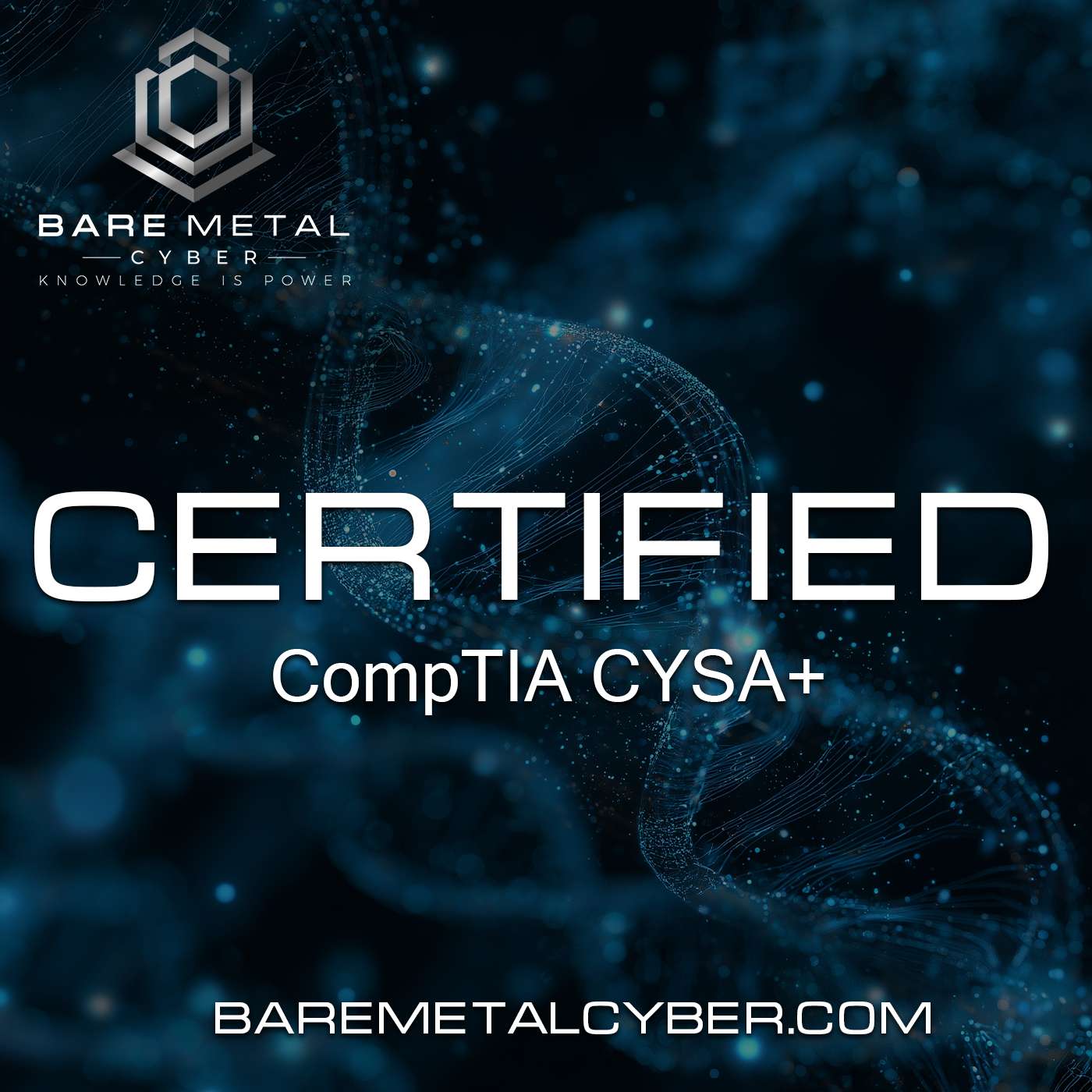
Episode 123: Identifying Stakeholders for Vulnerability Reporting
Not all stakeholders need the same level of technical detail—but all of them need accurate, timely, and actionable reporting. In this episode, we explore how analysts identify and tailor communicatio…

Episode 122: Metrics and KPIs in Vulnerability Management
You can’t improve what you don’t measure. In this episode, we focus on key performance indicators (KPIs) and metrics used to evaluate the effectiveness of vulnerability management programs. You’ll le…

Episode 121: Inhibitors to Remediation
Even when vulnerabilities are known and documented, remediation doesn’t always move forward. In this episode, we examine the most common inhibitors to remediation—technical, procedural, and political…
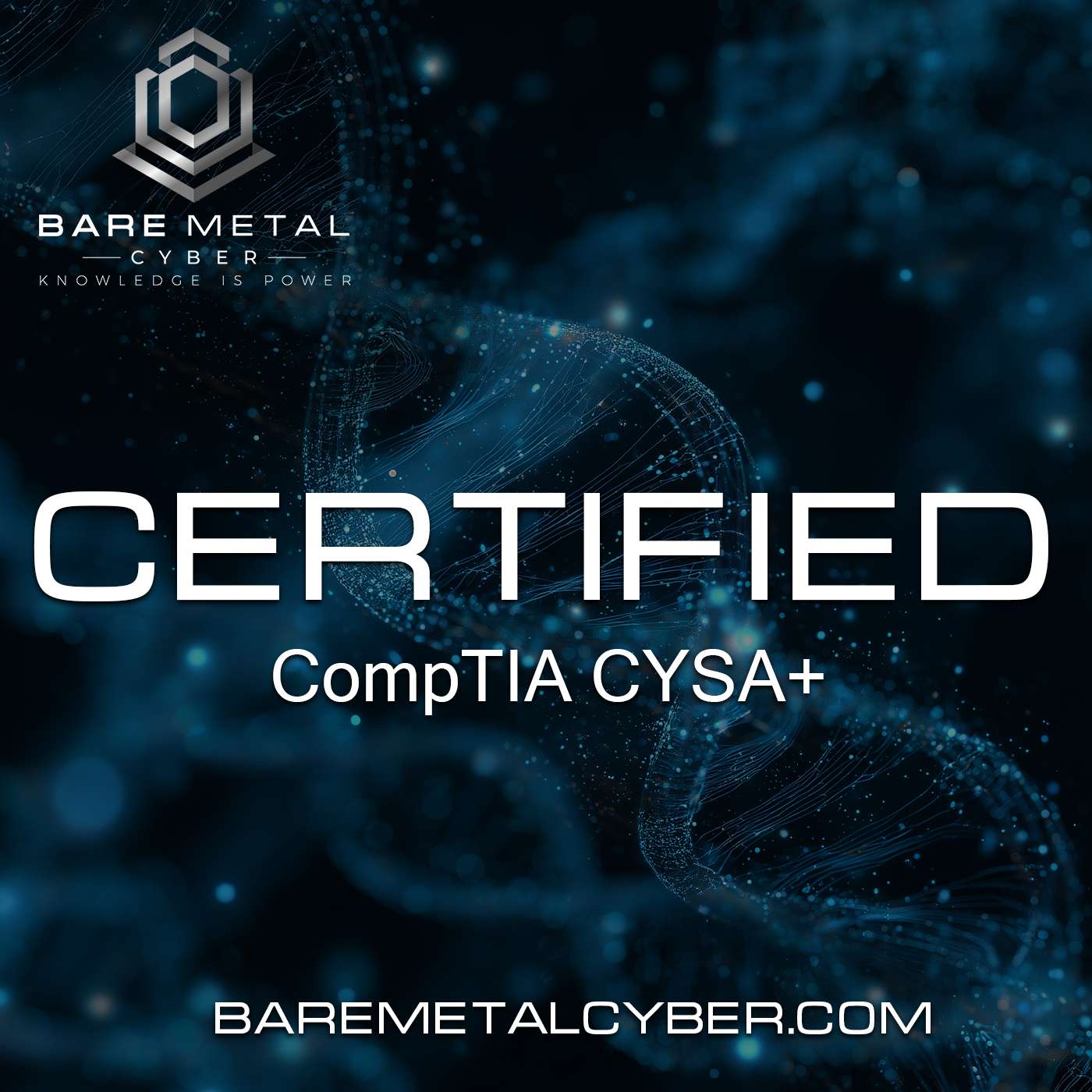
Episode 120: Action Plans and Remediation Communication
Once vulnerabilities are identified, the work isn’t done—it’s just beginning. In this episode, we explore how analysts develop and communicate action plans for addressing discovered risks. You’ll lea…
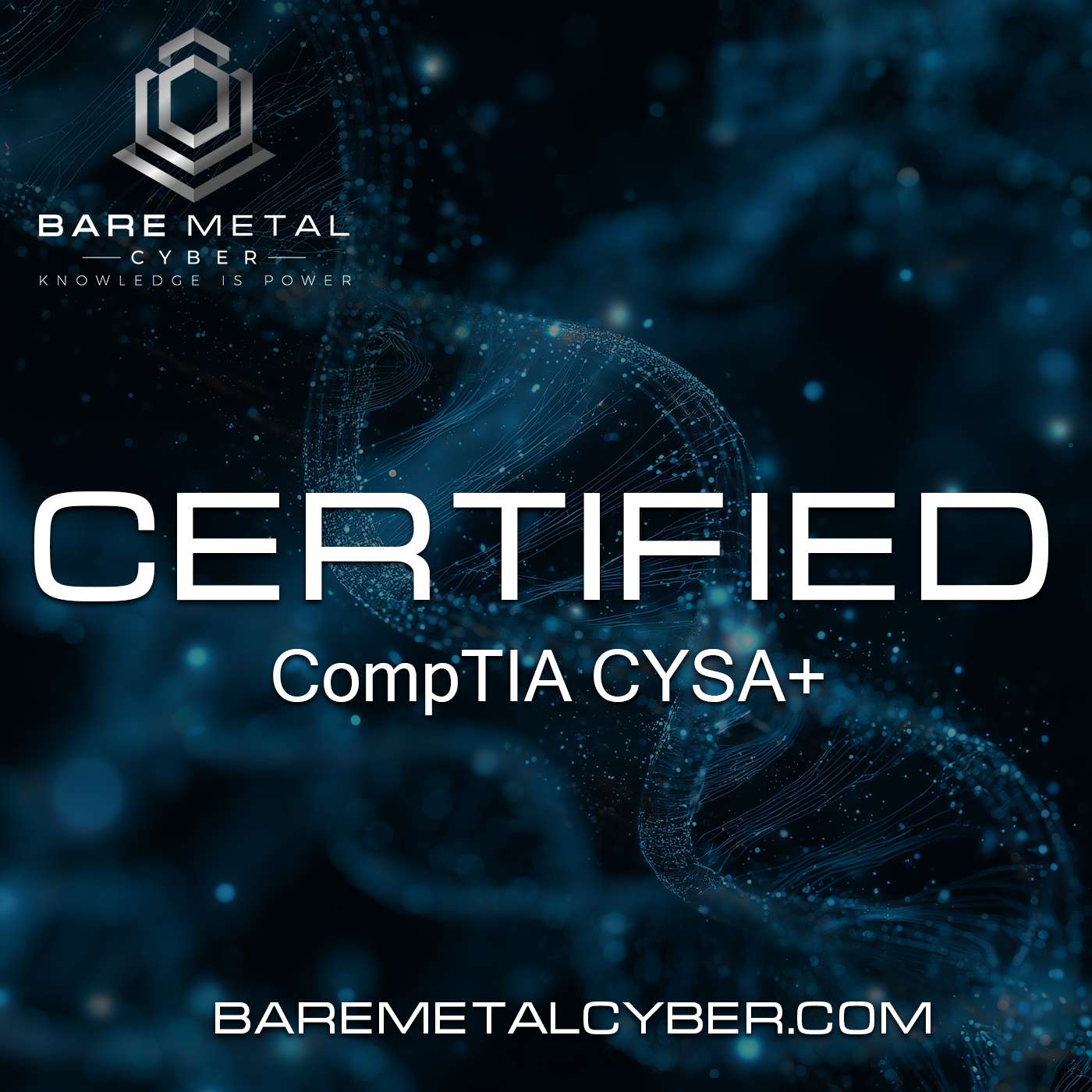
Episode 119: Creating and Understanding Compliance Reports
Security isn't just about stopping threats—it's also about proving due diligence. In this episode, we explore how security teams create and interpret compliance reports aligned with frameworks like P…
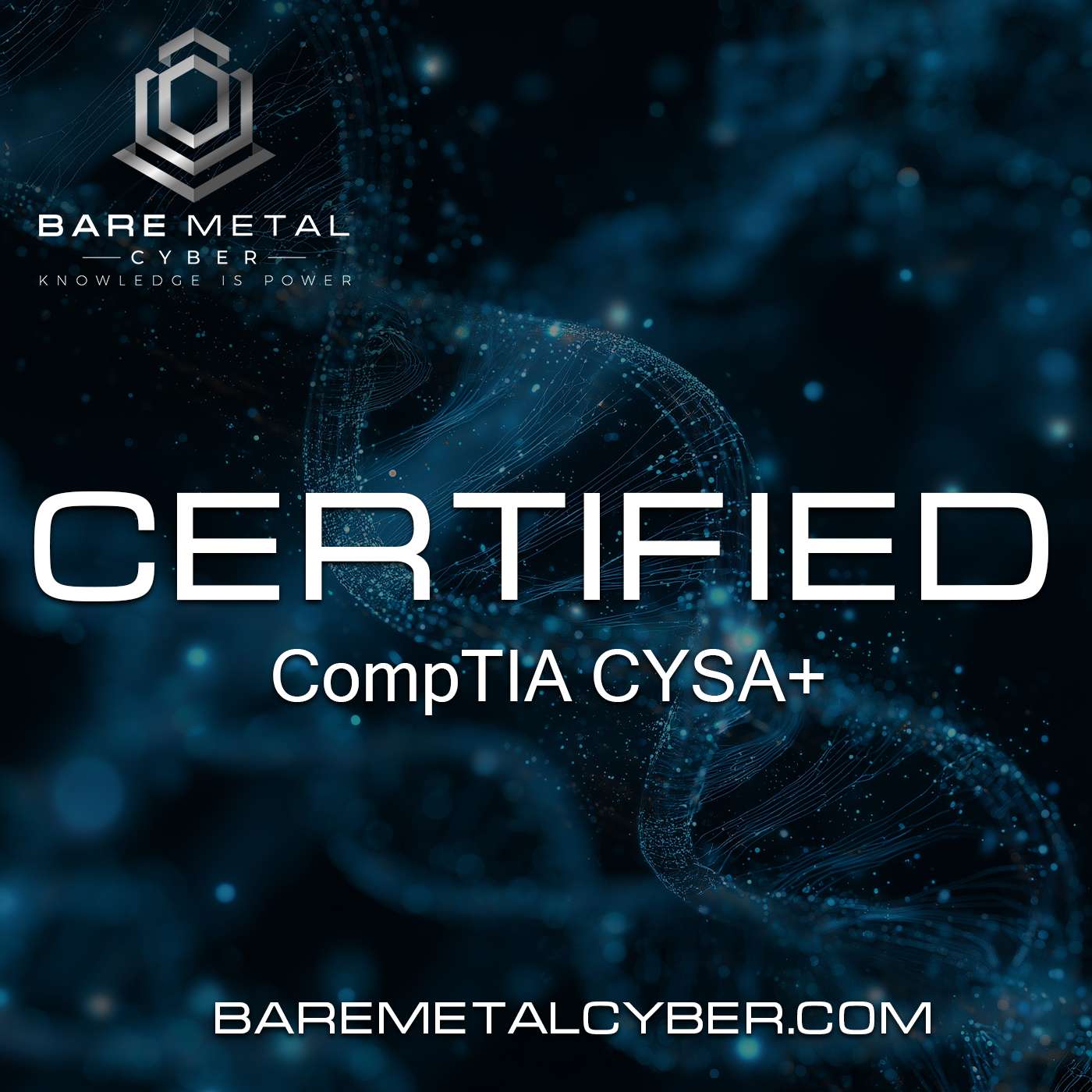
Episode 118: Vulnerability Management Reporting Essentials
In this episode, we break down the core components of a vulnerability management report. You’ll learn how to organize and present data on discovered vulnerabilities, affected assets, associated risk …

Episode 117: Domain 4 Overview – Reporting and Communication in Cybersecurity
Welcome to Domain 4 of the CySA+ PrepCast. In this episode, we introduce the principles of reporting and communication—critical soft skills that define how technical findings are translated into busi…
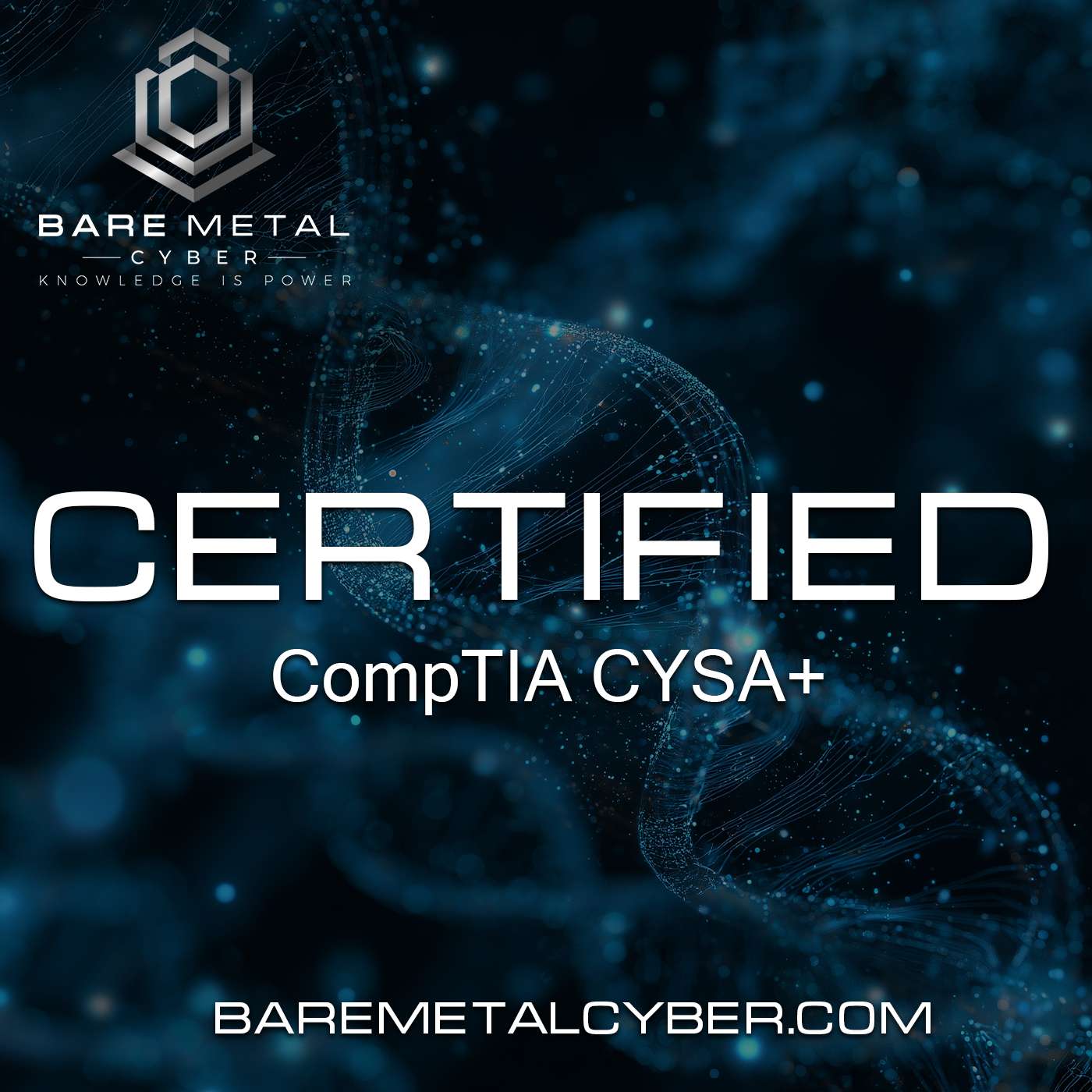
Episode 116: Post-Incident Activity and Organizational Learning
Once the smoke clears, the real improvement begins. In this episode, we explore the post-incident phase of the incident response lifecycle. You’ll learn how forensic analysis is conducted to uncover …

Episode 115: Incident Preparation – Building a Response Program
The best incident response doesn’t start with detection—it starts with preparation. In this episode, we walk through the preparation phase of the incident response lifecycle, focusing on how organiza…

Episode 114: Containment, Eradication, and Recovery Phases
Detecting an incident is only the beginning. In this episode, we examine the containment, eradication, and recovery phases of incident response—what they are, how they differ, and how they build upon…

Episode 113: Data and Log Analysis During an Incident
Raw data becomes actionable intelligence when it’s properly analyzed. In this episode, we focus on the data and log analysis process during an incident, explaining how analysts sift through event log…

Episode 112: Evidence Acquisition and Chain of Custody
Once an incident is detected, preserving evidence becomes a top priority. In this episode, we walk through the evidence acquisition process—from initial identification to collection, storage, and tra…
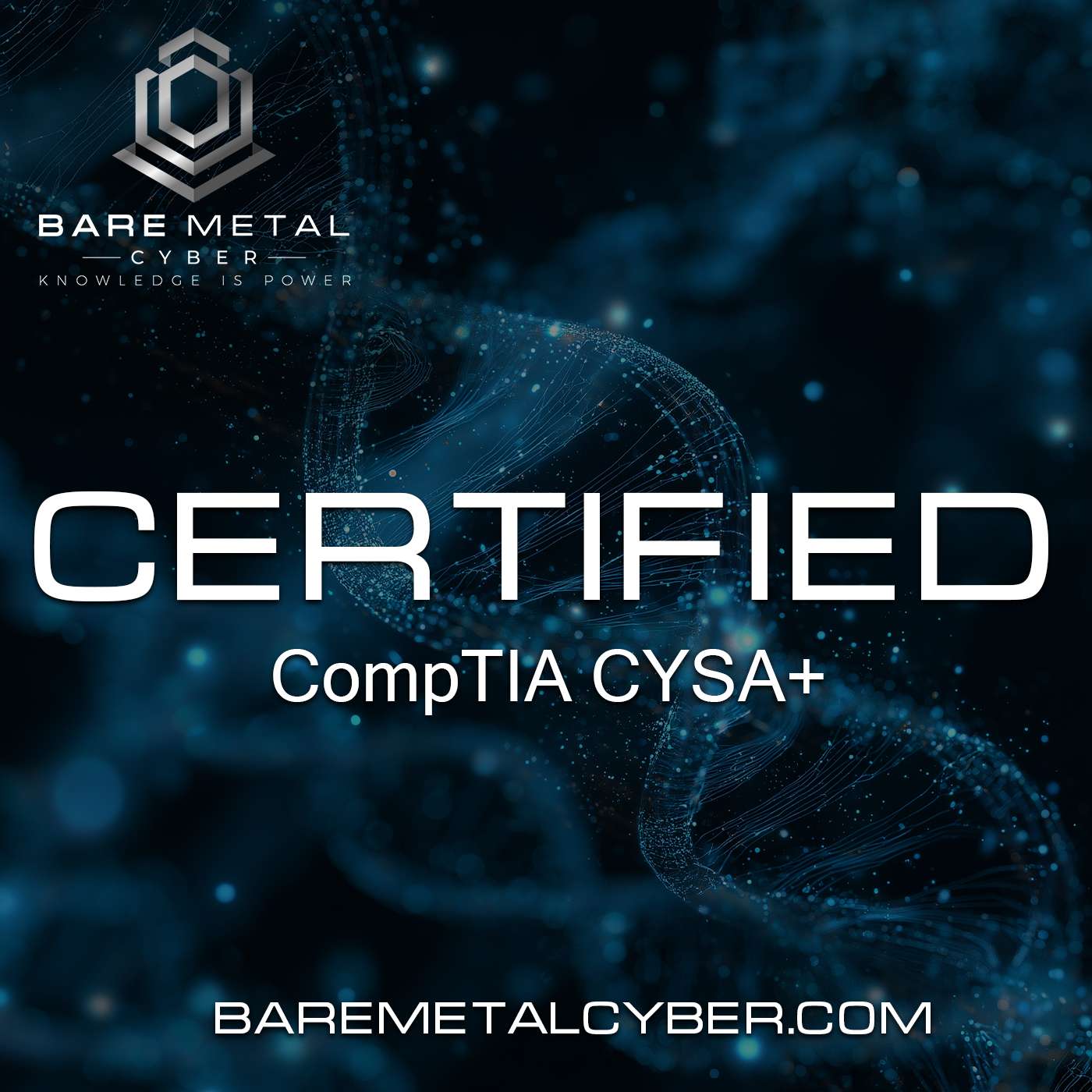
Episode 111: Indicators of Compromise (IoCs) – Detection Foundations
Detecting an attack starts with recognizing the signs. In this episode, we explore Indicators of Compromise (IoCs)—artifacts that suggest an organization may have been breached or is under active thr…